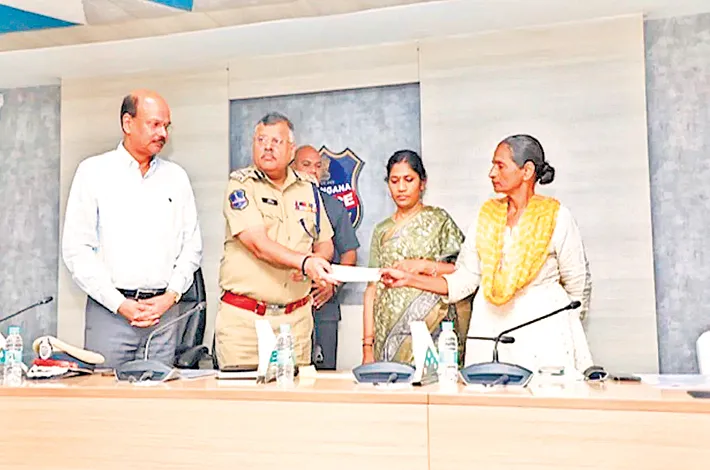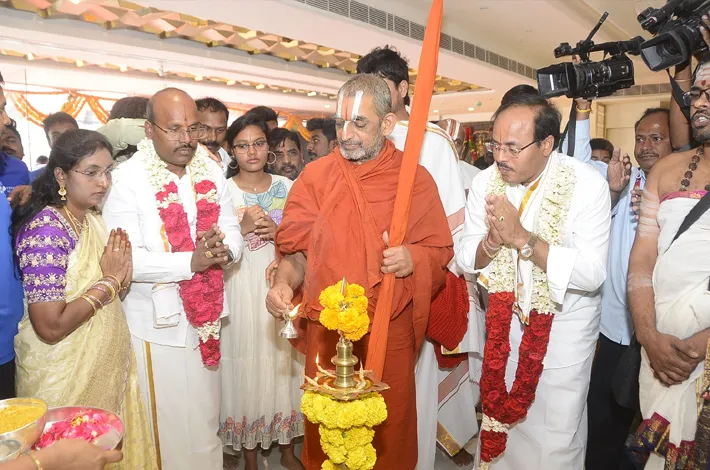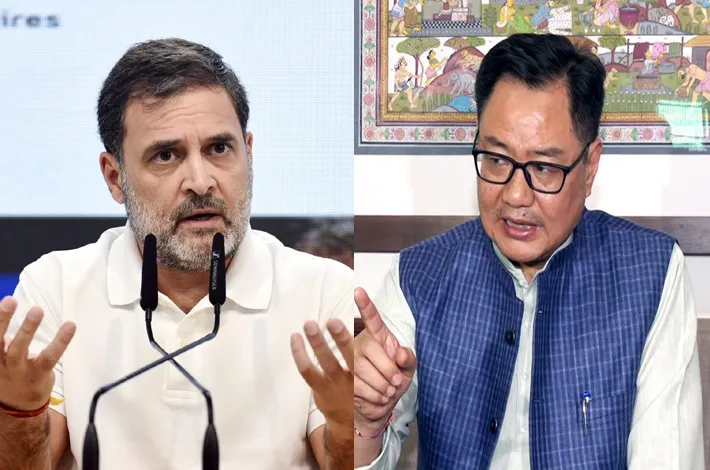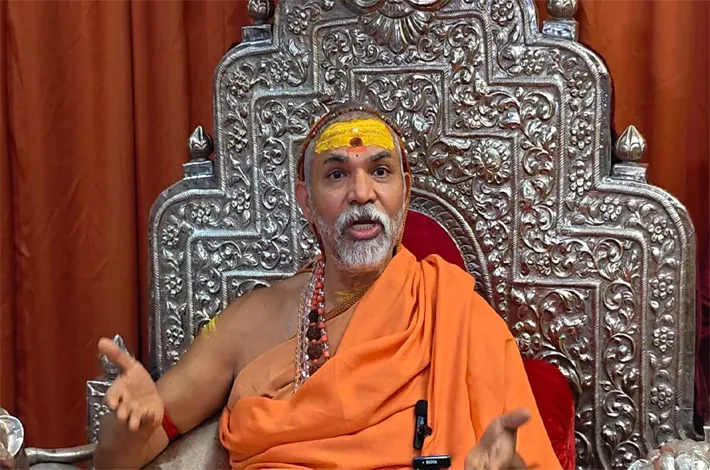Major setback for Maoists, leader Padmavathi surrenders
14-09-2025 12:00:00 AM

Known by her alias Kalpana, the 62-year-old had been underground since 1982 and carried a bounty of ₹1 crore on her head
In a major breakthrough against Maoist insurgency, Pothula Padmavathi, a senior leader of the banned Communist Party of India (Maoist) and widow of slain top commander Mallojula Koteswara Rao alias Kishenji, surrendered before Telangana Police on Saturday.
Known by her alias Kalpana, the 62-year-old had been underground since 1982 and carried a bounty of ₹1 crore on her head. Her surrender is being hailed as a significant blow to the Maoist movement and a “moral victory” for law enforcement.
Padmavathi was a Central Committee member and held key positions, including South Sub-Zonal Bureau Secretary and in-charge of Janathana Sarkar, the Maoist parallel government in the Dandakaranya region spanning Chhattisgarh and Maharashtra. She was also wanted in multiple states—Telangana, Chhattisgarh, Maharashtra, and Odisha.
The surrender took place in Hyderabad, in the presence of Telangana DGP Jitender. Her decision aligns with a larger trend in 2025, with 404 Maoist cadres laying down arms in Telangana this year alone.
Born in Jogulamba Gadwal district, Padmavathi joined the Maoist movement in 1982, influenced by her activist relatives. She quickly rose through the ranks, and her marriage to Kishenji—a key Maoist strategist who was killed in 2011 near the Bengal-Jharkhand border—further elevated her standing.
Police officials credit her surrender to the state’s twin strategy of intensified counterinsurgency operations and rehabilitation programs, including vocational training, financial aid, and security guarantees for surrendered cadres.
“Her surrender is a major achievement. It shows that the path of violence is no longer sustainable,” a senior officer said.
Padmavathi’s role in the Maoist strongholds of Dandakaranya, and her leadership in Janathana Sarkar, made her a high-value target. Her surrender is seen as a sign of the movement’s declining influence, amid internal rifts and persistent pressure from security forces.
Authorities are now focusing on rehabilitating Padmavathi while ramping up efforts to secure more high-profile surrenders. Her case is expected to encourage other top Maoist leaders to consider laying down arms, marking a potential turning point in the fight against left-wing extremism.








